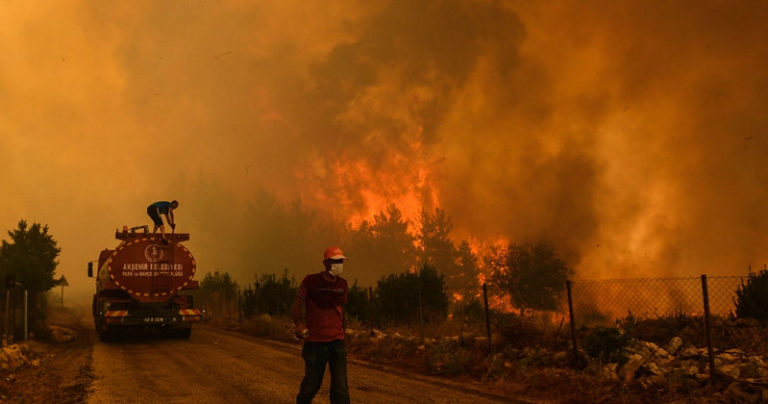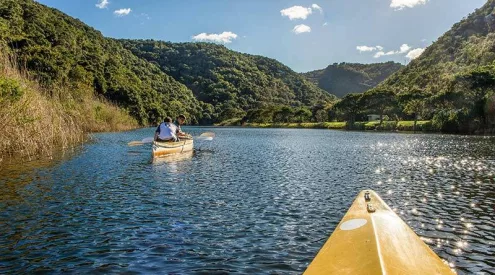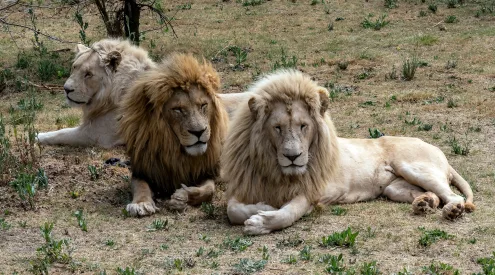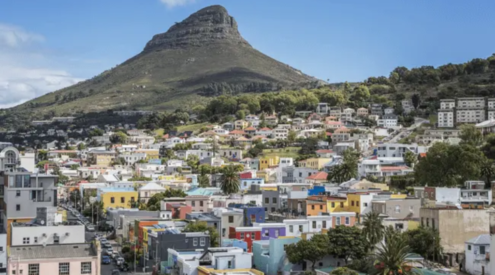With the 2021 United Nations Climate Change Conference (COP26) edging closer, pressure is mounting on international institutions to come out with a master plan to address the climate breakdown the planet finds itself in. The conference is scheduled to take place in Glasgow, Scotland between 31 October and 12 November 2021.
‘Adapt or die,’ was the statement from a UK environmental agency in a report to Britain’s Department for Environment, Food and Rural Affairs (Defra).

Firefighters battle a blaze in Southern Turkey. Images like these could become more common amidst climate breakdown. Picture: Felton Davis/ Flickr Commons
The provocative statement resonated with many across the globe, and the Chinese government, the biggest public funder of coal projects in the world, announced that it would no longer fund coal power projects.
This announcement came from Chinese President Xi Jinping at the UN General Assembly, stating that China ‘will not build new coal-fired power projects abroad.’ However, an electricity shortage threatens the status of the nation as a reliable manufacturing base.
According to a report in The New York Times (NYT), a bread company in China can’t get all the power it needs and a port city had to change its electricity rationing rules four times a day.
China needs more coal
Contrary to the announcement from president Xi Jinping, China has pursued an intensification of coal following their recent power shortages. The shortage prompted authorities to announce a national rush to mine and burn more coal.
According to the NYT report, mines that were closed have been ordered to reopen, as well as closed coal power plants. ‘We will make every effort to increase coal production and supply,’ said Zhao Chenxin, the secretary-general of the National Development and Reform Commission.
And it’s not only China when it comes to private finance. America is the largest investor of coal, with 52% of coal investments traced back to US private investors.
Even though there is large public support surrounding issues of climate justice and reducing emissions, it seems as though it is still not enough. Germany, which had the largest support base in the world for the Fridays for Future climate movement, remains the EU’s largest carbon emitter (emitting more CO2 per capita than China) and has recently opened a lignite coal mine, the most polluting coal there is. All of this took place against the backdrop of the nation’s strongest climate movement.
Adapt or Die
With public opinion seeming to lean towards environmentally friendly practices that prioritise the balance of our ecosystem, why is change so slow?
It was recently revealed South Africa’s power utility, Eskom, was the world’s largest polluting company, so South Africa can no longer remain complacent, especially considering that we are now the biggest coal exporter to China.
President Cyril Ramamphosa commented in his weekly newsletter on Monday 11 September, that the energy sector will be the first in the country to decarbonise, and that Eskom will be instrumental in achieving this.
‘We will be decommissioning and repurposing coal-fired power stations, and investing in new low-carbon generation capacity, such as renewables. We will also pursue ‘green’ industrialisation, such as manufacturing and using green technology, and a shift to the production of electric vehicles,’ wrote the president.
Even though this announcement should be applauded, if its plan comes to fruition, the biggest challenge that humanity has ever faced will require more than individual states invoking policy changes, but global cooperation.
ALSO READ
Too hot to handle: Why South Africa’s cities need more trees

















